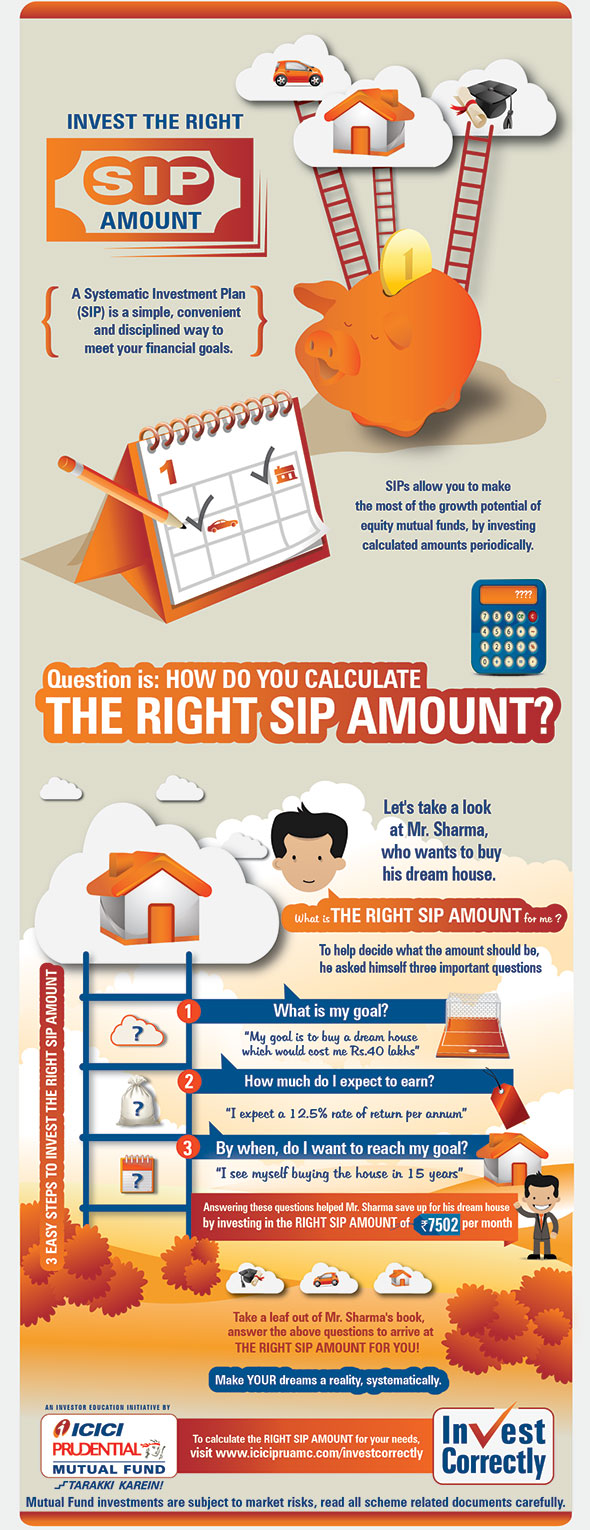The Repercussions Of Failing To Meet A Performance Bond
The Repercussions Of Failing To Meet A Performance Bond
Blog Article
Material By-
When a guaranty problems a performance bond, it ensures that the principal (the celebration that purchases the bond) will certainly meet their obligations under the bond's terms. If the principal stops working to satisfy these obligations and defaults on the bond, the surety is responsible for covering any kind of losses or damages that result.
1. Loss of credibility: Back-pedaling an efficiency bond can damage the principal's online reputation and credibility, making it tougher to protect future business or funding.
2. Legal and management costs: The surety might require to pay lawful and administrative costs associated with seeking the principal for problems or attempting to remedy the situation.
3. Economic losses: The surety may need to cover the expense of completing the project or giving the services that the principal failed to supply. This can lead to significant monetary losses for the guaranty.
4. Increased premiums: If the principal has a history of back-pedaling efficiency bonds, they might be called for to pay higher costs in the future to obtain the necessary bonding.
On the whole, defaulting on an efficiency bond can have severe economic repercussions for both the principal and the guaranty. It's important for principals to meticulously consider their responsibilities and guarantee they are able to satisfy the regards to the bond to avoid these adverse end results.
Back-pedaling an efficiency bond can be a pricey mistake for services. When you fall short to meet the bond's commitments, the economic repercussions can be considerable. From paying the complete bond total up to prospective lawful fights and harmed relationships, the repercussions can reverberate throughout your company operations. Recognizing the intricate web of economic effects that back-pedaling an efficiency bond can have is crucial for guarding your firm's financial health and wellness and credibility.
Financial Penalties for Defaulting
If you back-pedal an efficiency bond, you'll likely encounter considerable financial penalties. These fines can vary depending on the terms of the bond arrangement but commonly include paying the bond quantity in full to the obligee. This implies that if you fail to satisfy your contractual responsibilities, you have to pay the bond total up to the task proprietor or the entity that called for the bond.
In https://www.clickondetroit.com/news/local/2022/10/13/live-stream-dearborn-board-reconvenes-for-meeting-amid-library-book-controversy/ , you may also be in charge of any type of extra costs sustained by the obligee as a result of your default, such as locating a replacement service provider or covering job hold-ups.
Back-pedaling a performance bond can likewise result in lawful fees and court expenses if the obligee determines to take lawsuit versus you to recover the bond amount. These costs can quickly build up, further worsening the financial effect of your default. It's vital to carefully evaluate and recognize the terms of the efficiency bond to stay clear of these severe punitive damages.
Effect On Service Capital
Back-pedaling a performance bond can substantially affect your organization cash flow, affecting financial security and operational capacities. When you default on an efficiency bond, you risk losing the bond amount, which can be a considerable sum. This loss directly impacts your cash flow, as you'll need to locate alternative sources of funding to cover the bond amount. Additionally, defaulting can result in increased analysis from guaranties, making it more challenging and much more expensive to safeguard bonds in the future. This can further stress your capital as you may require to designate additional resources to fulfill bonding needs.
The effect on your capital does not stop there. Defaulting on a performance bond can likewise result in task delays or terminations, leading to a loss of earnings. In addition, the adverse credibility that includes defaulting can discourage prospective clients, better reducing your cash flow. In arizona bonds , defaulting on an efficiency bond can have detrimental effects on your company's monetary wellness and ability to run smoothly.
Legal Ramifications and Lawsuits
Facing lawful implications and possible lawsuits due to defaulting on an efficiency bond can dramatically affect your service's track record and financial standing. When you default on a performance bond, the guaranty business might take lawsuit to recover the bond amount paid. This could lead to costly legal costs, court expenses, and possible negotiations or judgments versus your business.
Moreover, back-pedaling an efficiency bond may cause damaged relationships with clients, subcontractors, and distributors, affecting your ability to safeguard future agreements. Legal actions developing from bond defaults can taint your service's reliability in the industry, making it testing to draw in new partners or consumers.
Additionally, if the default brings about a court judgment versus your business, it might cause possession seizure or liens, better stressing your financial security. Therefore, it's crucial to comprehend the lawful implications of defaulting on a performance bond and take aggressive steps to minimize the threats entailed.
Conclusion
As you encounter the repercussions of defaulting on a performance bond, remember this: it's like strolling a tightrope without a safeguard. One wrong move can send you plunging right into a monetary freefall, with no means to stop the autumn.
The punitive damages, cash flow influence, and legal ramifications are all waiting to catch you if you blunder. So step very carefully, and always recognize your commitments to prevent the extreme repercussions of default.
